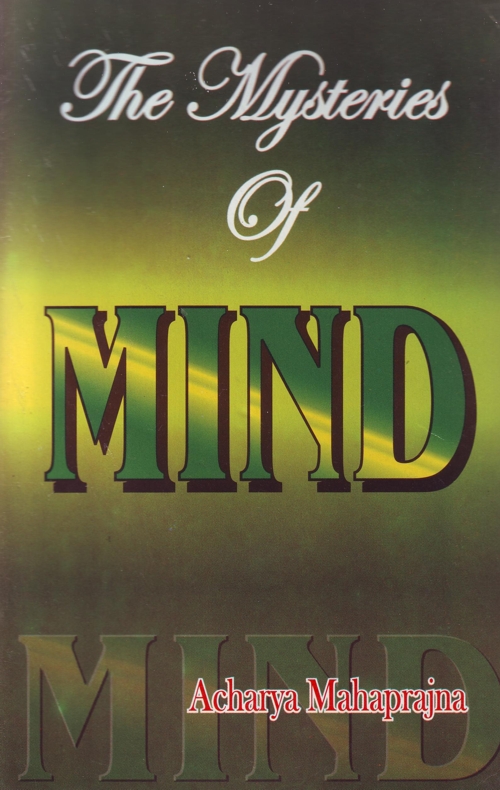It takes a long time for the seed to grow into a tree. If it did not sprout, we will be deprived of the benefits we receive from the tree. We get flowers, leaves, fruits, shade and fuel only when the seed has sprouted and grown into a tree. Consciousness also has to perform a long journey before it can attain its highest development. If it remained dormant, we shall not be able to receive from it that which we expect to receive. Friendliness, peace, sympathy, good will, equanimity and synthesis are the consequences of aroused consciousness only.
In order to arouse consciousness we have to carry our energy to the upper parts of the body. When it descends into the lower parts of the body, it excites sex-consciousness. Knowledge and consciousness can be developed only when energy is carried upwards. Meditation is an attempt to carry energy upwards. The present book deals with some of the aspects of the upward movement of energy.
Preksha meditation camps are being organised from time to time. These camps provide exercises in meditation as well as discussions on the subject of meditation. This book is a compilation of such discussions. It includes discussions, which took place in the camps organized in October 1977, March 1978 and June 1978. The practice of meditation introduces the practitioner to his self. He establishes direct contact with what happens in him. Discussions on meditation are much helpful in this respect. Knowledge of physiology and anatomy is essential for a physician as well as for a meditator. Their purposes may differ. Knowledge of the body is essential for the meditator in order that he may be able to perceive its parts and touch and activate every cell of it with consciousness.
Knowledge of psychology is as essential for the meditator as it is for the psychologist. Unless the Preksha-meditator knows the different strata of consciousness, he cannot activate the powers of the psyche. The purpose of meditation is to arouse and develop the powers of the psyche.
Knowledge of karma sastra is as essential for the meditator as it is for the philosopher. The meditator cannot subdue the waves produced by the fruition of karma without knowledge of the nervous system. Preksha meditation makes the mind wakeful. The wakeful meditator can feel all the waves of excitements and passions arising in the nervous system and render them inactive through perception.
We are aware of the power of thoughts, but we are unacquainted with the power of perception. Thinking tires out knowledge-tissues whereas perception energises and activates them. Perceptive consciousness is natural. In whatever part of the body it enters, consciousness releases the current of vital energy in it. The flow of the current of vital energy in sufficient quantity arouses the dormant centres of consciousness in the body. The process of the arousing of the consciousness-centres has been briefly touched upon in this book.
Acharya Tulsi was kind enough to comment upon the discussions in the camps on the closing days. These comments will be separately published. I have been highly benefited and inspired in my discussions on meditation by the Acharya.
Muni Dulaharaja took great pains in compiling the discussions in the form of the manuscript copy of this book, which I appreciate.
On the basis of the views expressed by the readers on our books on meditation published recently, the interest evinced by them in reading them, and their efforts for implementation of the ideals contained therein, we feel that bright possibilities are emerging in this field. I wish that every human being might be blessed with the feelings for spiritualism. Let everybody know his ‘self’ and realize it. I once more bow reverentially to the Acharyashri and wish that the path of the humanity at large might be illumined through his guidance.
Marwar Ranavasa August 15, 1982
Yuvacharya Mahaprajna
 Acharya Mahaprajna
Acharya Mahaprajna

